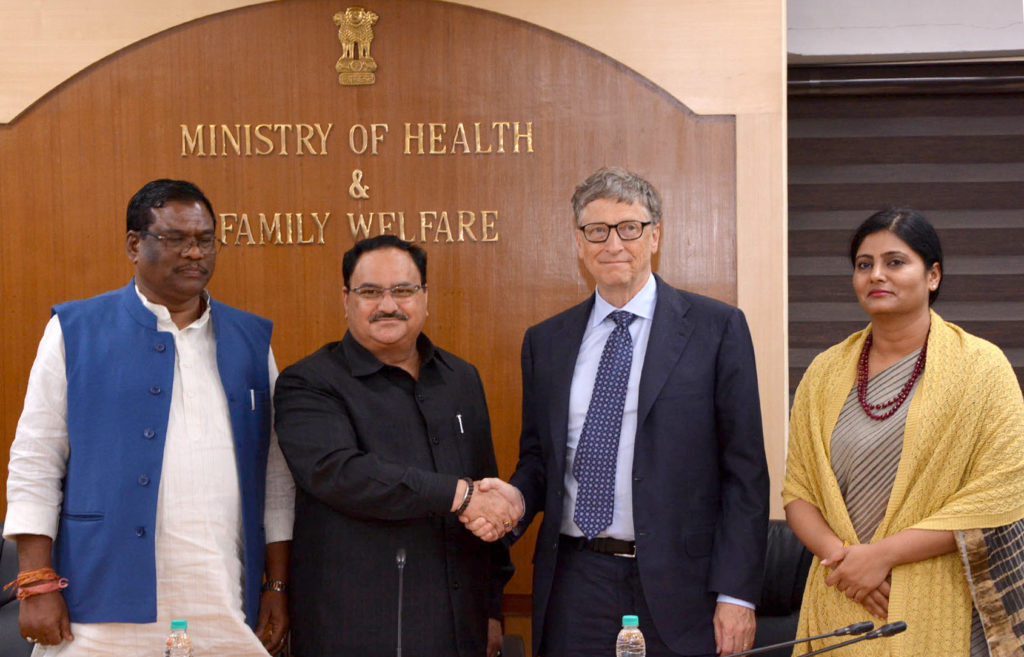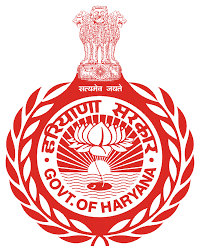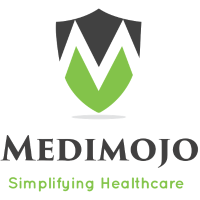India and other developing countries are set to lobby hard for funding mechanisms to develop medicines, mostly aimed at neglected diseases such as tuberculosis and malaria, at a forum set up by the World Health Organization or WHO. Developed countries have long maintained that patents are sufficient incentive for innovation. The international negotiations in Switzerland in April will pit the two blocs against each other as they try to finalize a global research treaty, mooted first by WHO in December 2006. The World Health Assembly, the apex decision-making body of WHO, had then formed what it called the intergovernmental working group, or IGWG, with participation from all members, to find ways to fund expensive drug research for diseases that burden poor nations. Less than one-10th of research dollars address the problems of more than 90% of the world’s diseased, a scenario often referred to as the 90/10 gap. Diseases such as tuberculosis, which kills two million people every year, have not seen a new drug in the last 30 years. Sleeping sickness, potentially infecting up to 60 million, is still treated by a highly toxic arsenic derivative in use since the 1940s and a former cancer drug from the 1980s, according to non-governmental organization Oxfam International. More than 2.25 million people die of diseases such as malaria, dengue, shistosomiasis and leishmaniasis (kala azar) in Asian and African countries, while the so-called river blindness infected up to 18 million people in sub-Saharan Africa alone. India’s stance at the forum is centred around affordability. “We will support anything, any model that increases accessibility to affordable medicines in developing countries. That is the principle we are working on,” said a senior health ministry official who is working on India’s negotiation documents for the Switzerland meeting. There will “be a concerted effort to create a unified stance between the developing countries”, added the official who expects Brazil, countries in South-East Asia, Africa and Eastern Mediterranean region to come together as a strong bloc. The ministry official said he cannot be identified because he is not authorized to talk to the media. India holds one of the five vice-chairperson positions at IGWG with the Netherlands, Libya, Kenya and Singapore holding the other four. Peter Oldham, Counsellor of the Canadian mission in Geneva, chairs the body. “There is opposition from the US, European Union and Australia, which believe the patent system works best and there is no need for an alternative mechanism. Consensus will be difficult,” conceded the health ministry official. K. Satyanarayana, senior deputy director-general and chief of the intellectual property rights unit at the Indian Council of Medical Research predicted a full treaty could be a few years away, but agreed that it could break the strong linkage between patents, markets and drugs. Incentive mechanisms such as patent pools, prize funds, open access drug research, and a global R&D fund with contributions from various countries could present an alternative to the current system. A patent pool aims to make access to upstream and downstream technologies cheaper as any researcher can access them by paying a small sum to the innovator while the open source approach to drug research involves sharing of breakthroughs and further development through a public platform. Prize funds monetarily reward the innovator rather than granting a patent. Global drug makers have always disagreed with the theory that patents encourage selective innovation in only the most lucrative therapeutic areas. Ranjit Shahani, managing director of Novartis India Ltd said that “alternative funding mechanisms in research involving the government” were needed, but refuted that drug companies pursue only those drugs with lucrative markets. Astrazeneca Plc. has a research institute in Bangalore for tuberculosis while Novartis AG and GlaxoSmithKline Plc. are researching drugs for tropical diseases in Singapore and Spain respectively, he added. Public health activists, who have long blamed patents for pushing up drug prices, hailed India’s stance. “This is absolutely historical…and significant for developing countries as the product patent system is not delivering for them. These mechanisms can delink the cost of drug development from cost of the medicine,” said Leena Menghaney, drug access campaigner with Medicins Sans Frontiers, a medical aid agency. India’s efforts at IGWG come at a time when the government is strengthening its intellectual property (IP) system and the number of patents issued to pharmacuetical and biotechnology firms has nearly doubled between fiscal 2005 and 2006, the last year for which such data is available. However, the health ministry official saw no contradiction in India’s stance.

Be a part of Elets Collaborative Initiatives. Join Us for Upcoming Events and explore business opportunities. Like us on Facebook , connect with us on LinkedIn and follow us on Twitter , Instagram.








